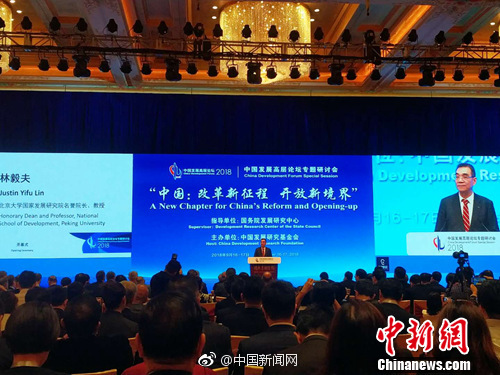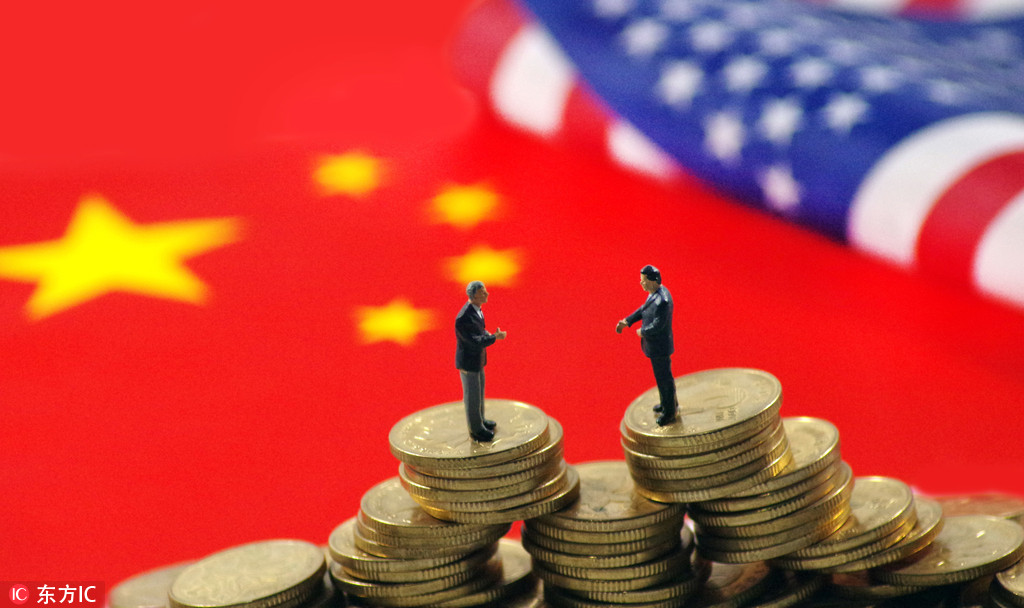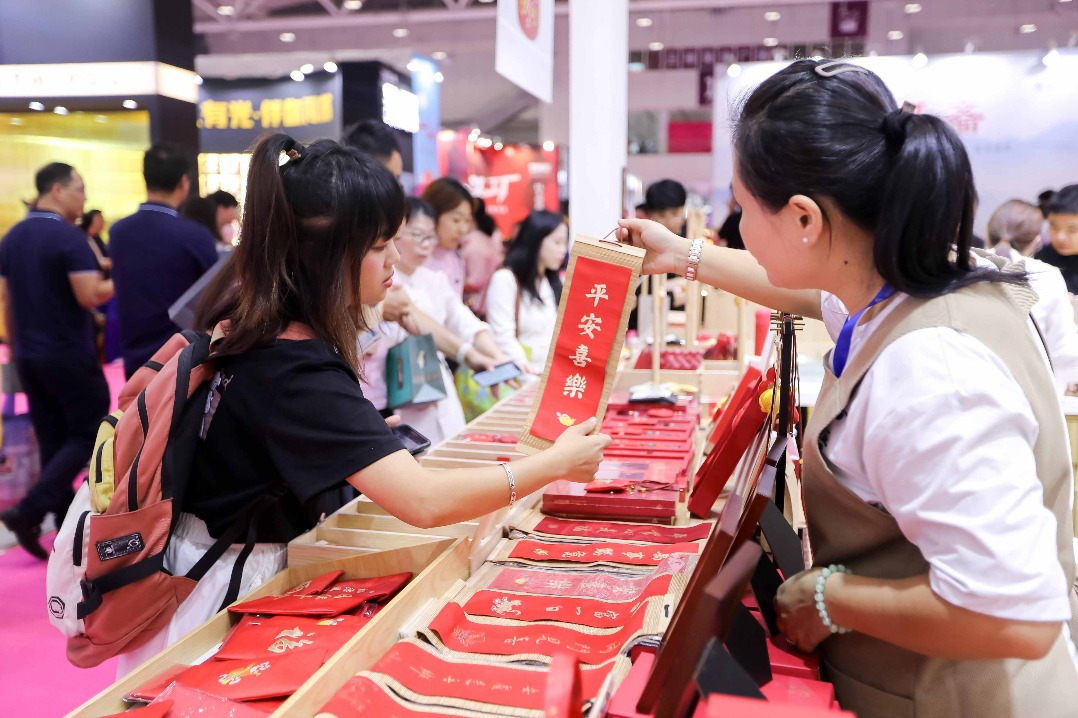Trade spat perils put spotlight on need for effective strategies


Short-term challenges from the escalating trade spat with the United States have reassured Chinese officials and experts of the need to support market-oriented reform and opening-up, with a particular focus on reducing debt and limiting government intervention.
That was the consensus reached by participants at a high-level forum on Sunday, during which policymakers and advisers from home and abroad gathered in Beijing.
They discussed global trade tensions and policy options that would ensure smooth growth of the Chinese economy.
Reforms should strengthen the market's decisive role in resource allocation, optimize State-owned enterprises and reduce or eliminate direct subsidies for some industries, said Yang Weimin, former deputy director of the Office of the Central Leading Group on Financial and Economic Affairs, a top-level economic policymaking body.
Major initiatives are needed to offset the risk of long-term economic slowdown amid the uncertainties of the trade frictions with the US.
The frictions have injected negative sentiment into the market, evidenced by recent stock market weakness and record-low growth in fixed asset investment, experts said.
Despite the external headwinds, which have limited influence, a better choice for the world's second-largest economy is to focus on domestic issues.

The high debt level, especially for State-owned companies with excessive capacity, and the highly leveraged shadow banking system, should garner more attention, said Pieter Bottelier, a senior adjunct professor at the School of Advanced International Studies, Johns Hopkins University.
"China does not need to overreact to the trade conflict, but it should improve domestic reforms," said Bottelier.
China has fine-tuned its monetary and fiscal policies since the second half this year, with the government boosting infrastructure investment through expanding banks' lending and local government bond issuance.
The policy adjustments originated from the authority's observation that an overly rapid deleveraging process led to tight liquidity in the financial sector.
Lou Jiwei, formerly minister of finance, highlighted that the deleveraging pace needs to be controlled within safer parameters.
"The most dangerous part is the banking system, as financial institutions are motivated to raise leverage through innovation," he said.
The top-level policymakers' attitude toward debt control has changed from "reducing the leveraging level" to maintaining the current leverage level. "And the deleveraging process may be extended, not only for three years as we planned before, but for a longer period," said Li Yang, former vice-president of Chinese Academy of Social Sciences.
Even the policy status has changed from tight to relatively loose. Money supply and credit growth may need to be controlled at a stable level, said Li.




































